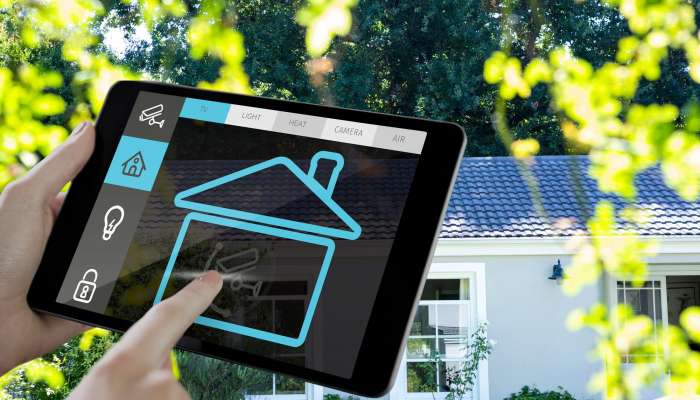
Washington [US]: Researchers have released ground-breaking research on the security and privacy issues raised by the increasing number of opaque and intricately designed Internet of Things (IoT) devices in smart homes.
Smart homes, which include a variety of consumer-focused IoT gadgets including smartphones, smart TVs, virtual assistants, and security cameras, are getting more and more networked. These gadgets can sense activity in our homes, which are the most private places we have, using cameras, microphones, and other sensors. Can we trust that the sensitive data that these gadgets in our homes have access to is being handled and protected in a safe manner? is an important question.
"When we think of what happens between the walls of our homes, we think of it as a trusted, private place. In reality, we find that smart devices in our homes are piercing that veil of trust and privacy--in ways that allow nearly any company to learn what devices are in your home, to know when you are home, and to learn where your home is.
These behaviours are generally not disclosed to consumers, and there is a need for better protections in the home," said David Choffnes, Associate Professor of Computer Science and Executive Director of the Cybersecurity and Privacy Institute at Northeastern University.
The research team's extensive study, titled "In the Room Where It Happens: Characterizing Local Communication and Threats in Smart Homes," was presented this week at the ACM Internet Measurement Conference (ACM IMC'23) in Montreal (Canada).
The paper delves for the first time into the intricacies of local network interactions between 93 IoT devices and mobile apps, revealing a plethora of previously undisclosed security and privacy concerns with actual real-world implications.
While most users typically view local networks as a trusted and safe environment, the study's findings illuminate new threats associated with the inadvertent exposure of sensitive data by IoT devices within local networks using standard protocols such as UPnP or mDNS.
These threats include the exposure of unique device names, UUIDs, and even household geolocation data, all of which can be harvested by companies involved in surveillance capitalism without user awareness.
According to Vijay Prakash, PhD student from NYU Tandon who co-authored the paper, "analysing the data collected by IoT Inspector, we found evidence of IoT devices inadvertently exposing at least one PII (Personally Identifiable Information), like unique hardware address (MAC), UUID, or unique device names, in thousands of real-world smart homes.
Any single PII is useful for identifying a household, but combining all three of them together makes a house very unique and easily identifiable. For comparison, if a person is fingerprinted using the simplest browser fingerprinting technique, they are as unique as one in 1,500 people. If a smart home with all three types of identifiers is fingerprinted, it is as unique as one in 1.12 million smart homes."
These local network protocols can be employed as side channels to access data that is supposedly protected by several mobile app permissions such as household locations
"A side channel is a sneaky way of indirectly accessing sensitive data. For example, Android app developers are supposed to request and obtain users' consent to access data like geolocation. However, we have shown that certain spyware apps and advertising companies do abuse local network protocols to silently access such sensitive information without any user awareness.
All they have to do is kindly ask for it to other IoT devices deployed in the local network using standard protocols like UPnP.", said Narseo Vallina-Rodriguez, Associate Research Professor of IMDEA Networks and co-founder of AppCensus.
"Our study shows that the local network protocols used by IoT devices are not sufficiently protected and expose sensitive information about the home and the use we make of the devices.
This information is being collected in an opaque way and makes it easier to create profiles of our habits or socioeconomic level," added Juan Tapiador, professor at UC3M. (ANI)